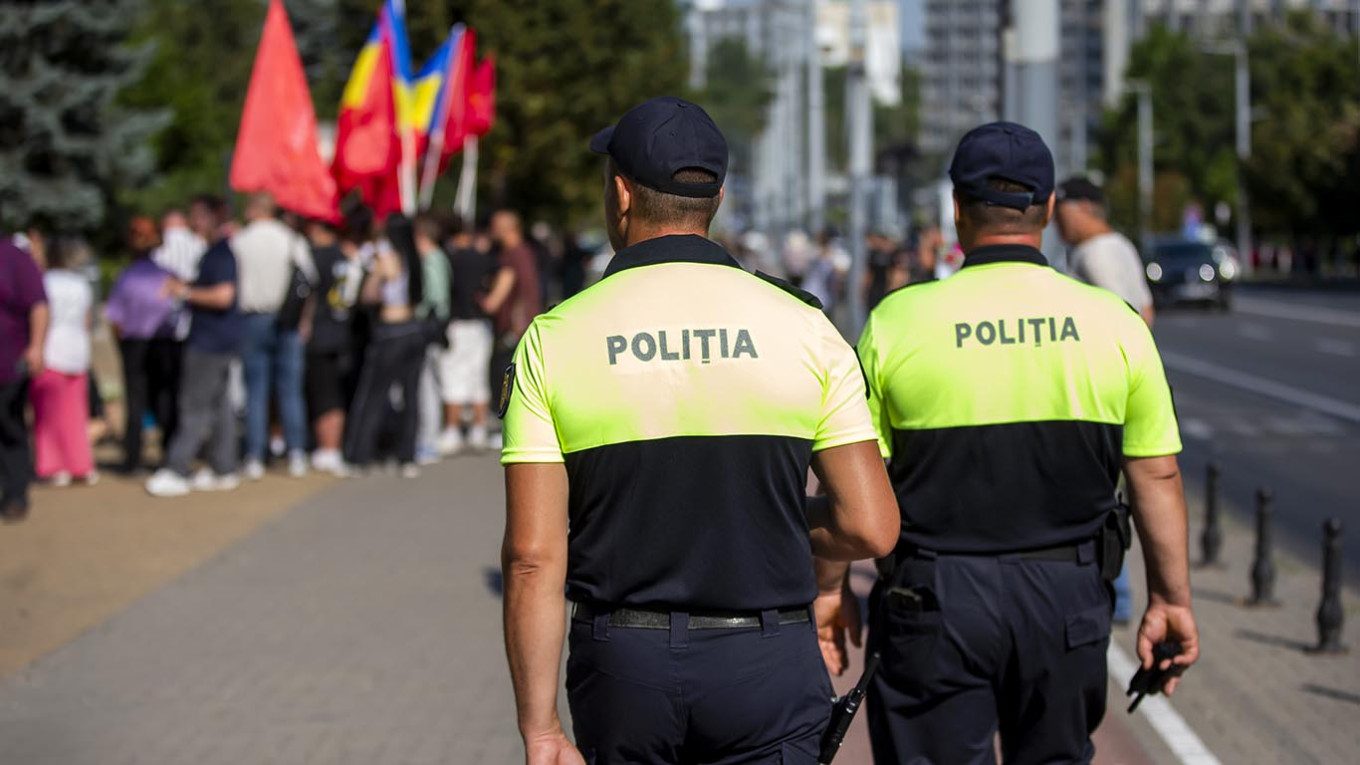Moldovan authorities announced on Monday that they conducted raids at over 250 sites nationwide as part of an operation aimed at dismantling suspected Russian-backed efforts to undermine the stability of the country, just days before parliamentary elections.
The police indicated that these operations, which focused on more than 100 individuals and involved four correctional facilities, were part of a criminal probe into purported schemes for widespread unrest that they allege to be “coordinated by Russian criminal elements.”
Later on Monday, the police chief, the prosecutor for special cases, and the head of the security service were anticipated to reveal the outcomes of these raids.
Igor Dodon, a former president and a co-leader of the pro-Russian Patriotic Electoral Bloc, reported that some members of his party were among those targeted in these operations.
Moldova, a former Soviet republic with a population of 2.6 million located between Ukraine and Romania, is set to hold parliamentary elections on Sunday.
President Maia Sandu, a prominent critic of the Kremlin and a strong proponent of Moldova’s aspirations to join the European Union, has consistently accused Russia of attempts to destabilize the nation. The Kremlin has denied any interference in Moldova’s internal affairs.
According to a report from Bloomberg on Monday, documents have surfaced that purportedly detail Russian plans to orchestrate protests, propagate disinformation, and enlist Moldovan voters residing abroad.

